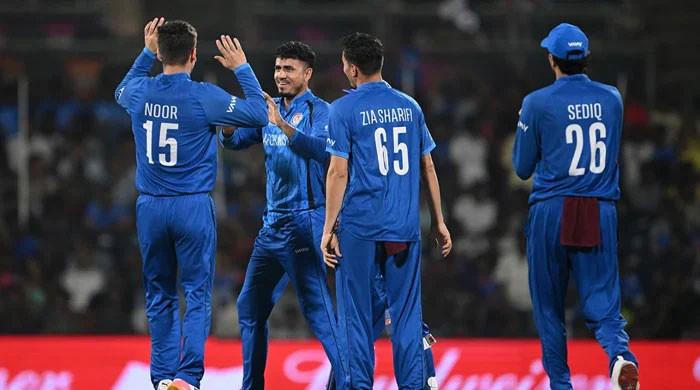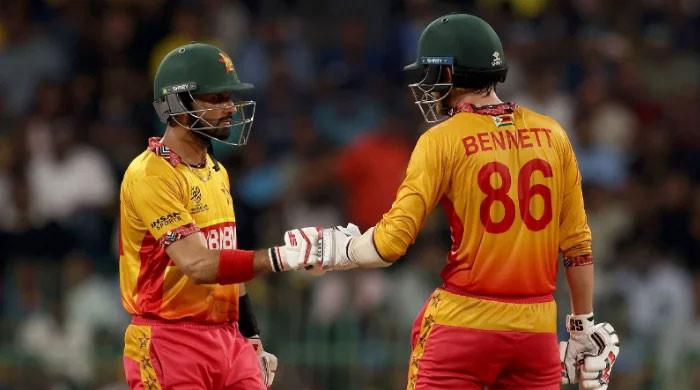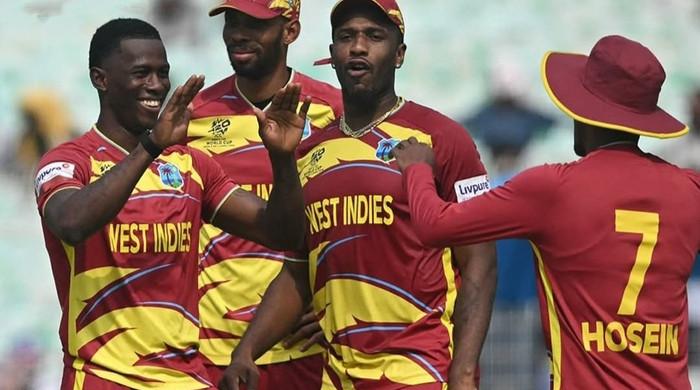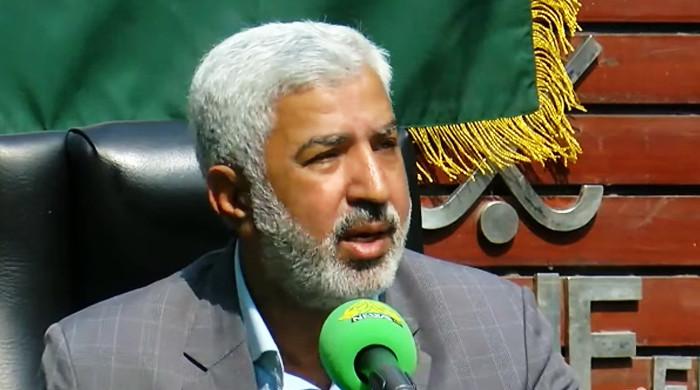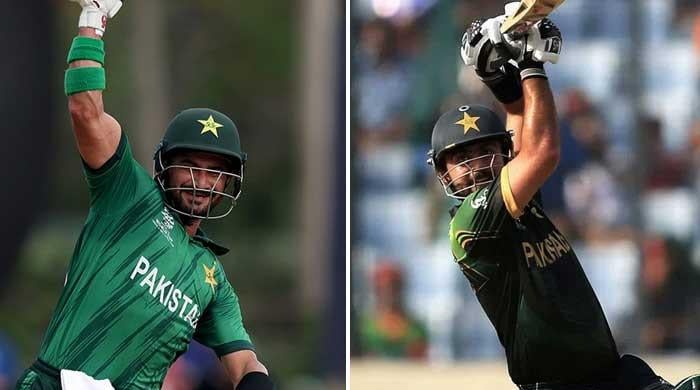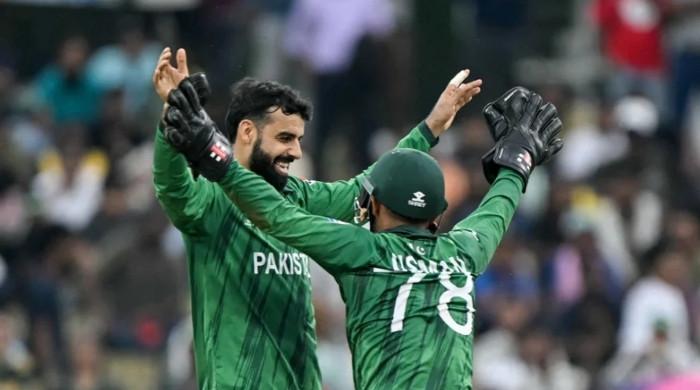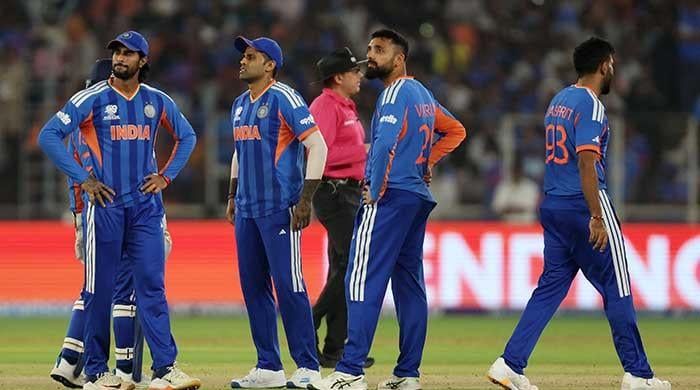Bilateral cricket matches best thaw for Pak-India hostility
Restoring cricket competitions between the two countries has great potential to contribute towards improvement of bilateral ties
June 29, 2017
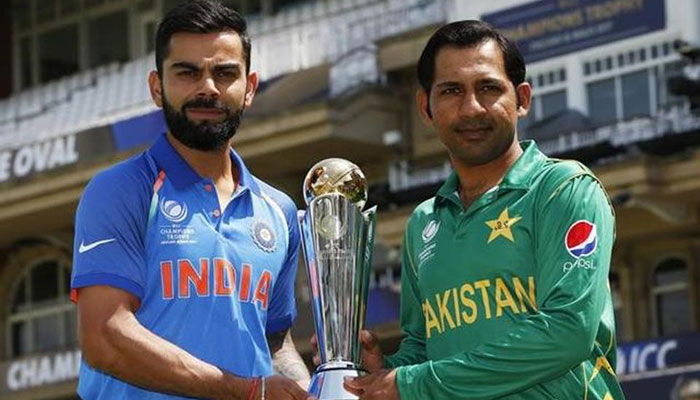
Playing cricket is a way to improve the Pak-India environment, promote thaw between the two nations locked in seemingly perpetual hostility.
That is what Pakistan and India are apparently destined to be despite their shared history, cultural affinities and common heritage but millions on both sides of the geographical divide think otherwise.
The peace loving multitudes strongly feel and voice hope that sanity will ultimately prevail, transcending all hurdles — some of which are indeed obviously too difficult to overcome, at least till now since both gained independence from colonial occupation seven decades ago.
The deep-rooted acrimony has cast its shadow over all aspects of life, including sports and the domain of music and arts.
Bilateral cricketing ties have dwindled sharply, largely because of India’s hardline attitude and its avowed multi-tiered strategy to isolate Pakistan while fanning and materially aiding subversive activities, especially after the rise of extremist political forces [in Delhi].
The persistent Indian refusal to Islamabad’s standing invitation to return to the dialogue table to resolve all outstanding issues has added to the imbroglio. The peaceniks on both sides rightly advocate mutual commitment and steps to improve the hostile climate. Restoring cricket competitions between the two countries is no doubt an area with great potential to contribute towards improvement of the hostile environment.
Cricket fans not only in the two countries but elsewhere in the world desire to see traditional cricket rivals in action, thus providing high quality entertainment and serving as a bridge for promotion of people-to-people understanding and affection.
When at Oval on June 18, after a fantastic turnaround Pakistan humbled the proud Indian cricketers with a massive 180-run victory in the final of the ICC Champions Trophy, there was pervading sadness in one country and wild jubilation in the other.
A score of people were arrested in India for hailing Pakistan’s triumph and booked for ‘sedition’, a charge later dropped. The action drew strong reaction from the India chapter of Amnesty International over what it dubbed a “patently absurd” move and called for immediate release of those held. Amnesty's India programmes director was quoted in the Indian media saying: “Even if the arrested men had supported Pakistan, as the police claim, that is not a crime. Supporting a sporting team is a matter of individual choice, and arresting someone for cheering a rival team clearly violates their right to freedom of expression.”
The behaviour of players of both teams after the high-voltage encounter was noticeably prudent, mutually respectful and conciliatory as they shook hands and the same spirit was reported from the dressing rooms as well. Pakistan captain Sarfraz Ahmed echoed the feeling saying in interviews to media outlets: “When we are playing in the ground we are playing for our country but after the game we are friends.”
Hardly any reasonable individual on both sides of the border would want to see relations inextricably mired in a quagmire of enmity for all times to come. That is neither logical nor borne out by world history, which shows nations that fought wars took to the path of peace and friendship. The two major South Asian states need to and have to work together to chart out the right course bilaterally, if possible through international intercession.
The two cannot afford coexistence with daggers drawn and ready to clash, a scenario fraught with the danger of mutual destruction.




